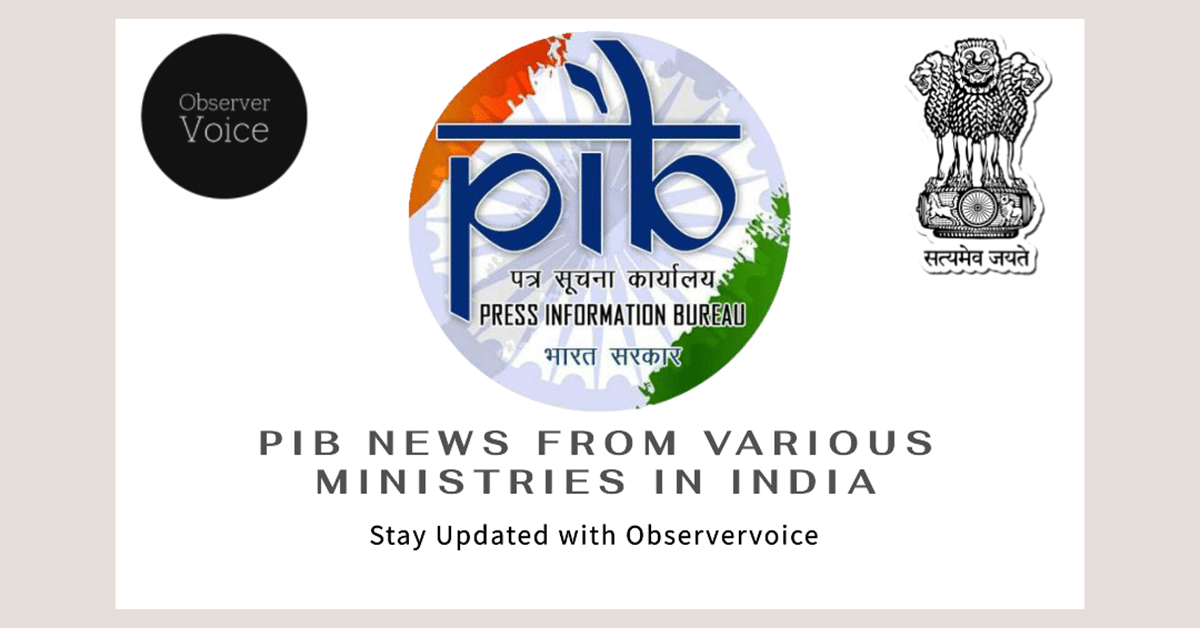Understanding the PM-KISAN Scheme: A Lifeline for Farmers

The PM-KISAN scheme, launched in February 2019, aims to support the financial needs of land-holding farmers in India. This initiative, spearheaded by the Prime Minister, provides a direct cash benefit of ₹6,000 per year to farmers. The amount is disbursed in three equal installments every four months, ensuring timely financial assistance. The scheme operates through a Direct Benefit Transfer (DBT) system, making it one of the largest DBT initiatives globally.
The primary goal of PM-KISAN is to alleviate the economic burden on farmers, enabling them to invest in their agricultural activities. With a farmer-centric digital infrastructure, the scheme ensures that benefits reach the intended recipients without any middlemen involved. This article delves into the workings of the PM-KISAN scheme, its eligibility criteria, and the measures taken to maintain transparency and accountability.
Financial Support for Farmers
The PM-KISAN scheme provides essential financial support to farmers across India. Each eligible farmer receives ₹6,000 annually, distributed in three installments. This financial aid is crucial for many farmers, especially small and marginal ones, who often struggle with the costs of farming. The scheme aims to enhance their purchasing power, allowing them to buy seeds, fertilizers, and other necessary inputs for their crops.
Since its inception, the government has disbursed over ₹3.46 lakh crore in 18 installments. This significant amount reflects the government’s commitment to supporting the agricultural sector. The funds are transferred directly to the bank accounts of farmers’ families, ensuring that the money reaches them promptly and securely.
The scheme’s design minimizes the risk of corruption and mismanagement. By eliminating intermediaries, the government can maintain a direct connection with the beneficiaries. This approach not only speeds up the disbursement process but also fosters trust among farmers, who can see the immediate impact of the financial assistance on their livelihoods.
Technological Innovations and Transparency
To ensure the effective implementation of the PM-KISAN scheme, the government has integrated various technological interventions. Initially, the scheme operated on a trust-based system, where states registered beneficiaries based on self-certification. However, to enhance transparency, the government introduced mandatory requirements, including Aadhaar seeding and land seeding.
The integration with the Public Financial Management System (PFMS), Unique Identification Authority of India (UIDAI), and the Income Tax Department has further streamlined the process. These technological advancements help verify the eligibility of beneficiaries and prevent fraudulent claims.
As a result, the government has been able to identify and recover funds from ineligible beneficiaries, such as those in higher income brackets or government employees. So far, ₹335 crore has been recovered from such individuals. This proactive approach ensures that the benefits of the scheme reach only those who genuinely need them, reinforcing the integrity of the program.
Registration Process and Eligibility Criteria
The registration process for the PM-KISAN scheme is straightforward and accessible. Farmers can self-register online through the PM-KISAN portal. Once they submit their applications, the concerned state or union territory (UT) authorities verify the details. If the application meets all requirements, it is approved, and the benefits are processed for disbursement.
All landholding farmers, including small and marginal farmers, are eligible for the scheme, regardless of the size of their landholding. This inclusivity is vital, as it ensures that even the most vulnerable farmers receive support. However, it is important to note that the scheme currently does not extend to tenant farmers.
The government has emphasized that the registration of farmers is an ongoing process. Farmers are encouraged to complete their applications promptly to avoid delays in receiving benefits. If any required documents are missing, the application may be rejected. Therefore, it is crucial for farmers to ensure that they provide all necessary information during the registration process.
Observer Voice is the one stop site for National, International news, Sports, Editor’s Choice, Art/culture contents, Quotes and much more. We also cover historical contents. Historical contents includes World History, Indian History, and what happened today. The website also covers Entertainment across the India and World.
Follow Us on Twitter, Instagram, Facebook, & LinkedIn

